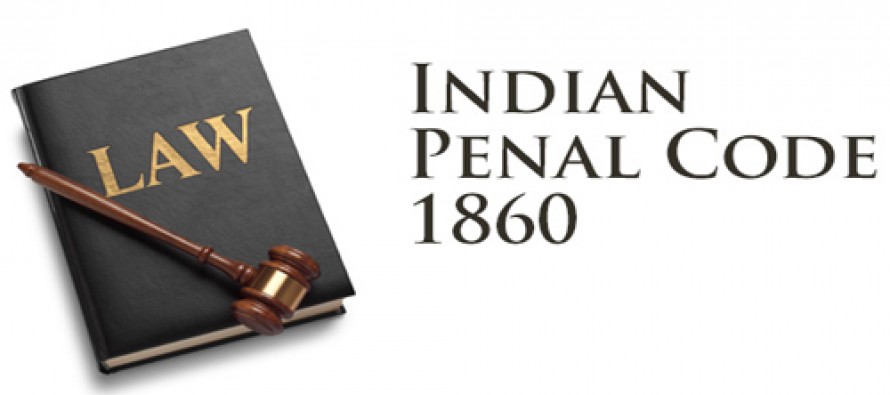Legal Provisions of Section 128 of Indian Penal Code, 1860.
Public servant voluntarily allowing prisoner of State or war to escape:
ADVERTISEMENTS:
Sections 128 and 130 of the Code deal with similar matters. While the first discusses the liability of a public servant who voluntarily allows prisoner of state or of war to escape, the second deals with the question of liability of such servant when he negligently suffers such prisoner to escape, and the third with liability of anyone who aids escape of, or rescues or harbours such prisoner.
There is another section, section 225- A of the Code, which also deals with a similar subject, that is to say, liability of a public servant for omitting to apprehend, or suffering of escape in cases not otherwise provided for. All these provisions are only slightly different from each other. Whereas under section 128 a public servant voluntarily allows a state prisoner or prisoner of war to escape, under section 225-A a public servant voluntarily allows an ordinary prisoner to escape.
Section 128 says that whoever, being a public servant and having the custody of a state prisoner or prisoners of war, voluntarily allows such a prisoner to escape from his place of confinement, shall be punished with imprisonment for life, or simple or rigorous imprisonment for a term extending up to ten years, and shall also be liable to fine.
Public servant
ADVERTISEMENTS:
The expression ‘public servant’ has the same meaning as given under section 21 of the Code.
State prisoner
A state prisoner is one whose confinement is necessary in order to preserve the security of India from foreign hostility or from internal commotion, and who has been confined by the order of the Government of India.
Prisoner of war
ADVERTISEMENTS:
A prisoner of war is one who in war is taken in arms. Those who are not in arms, or who being in arms submit and surrender themselves, are not to be slain but to be made prisoners.
Voluntarily
The word ‘voluntarily’ has the same meaning as given under section 39 of the Code.
The offence under this section is cognizable, non-bailable and non-compoundable, and is triable by court of session.

